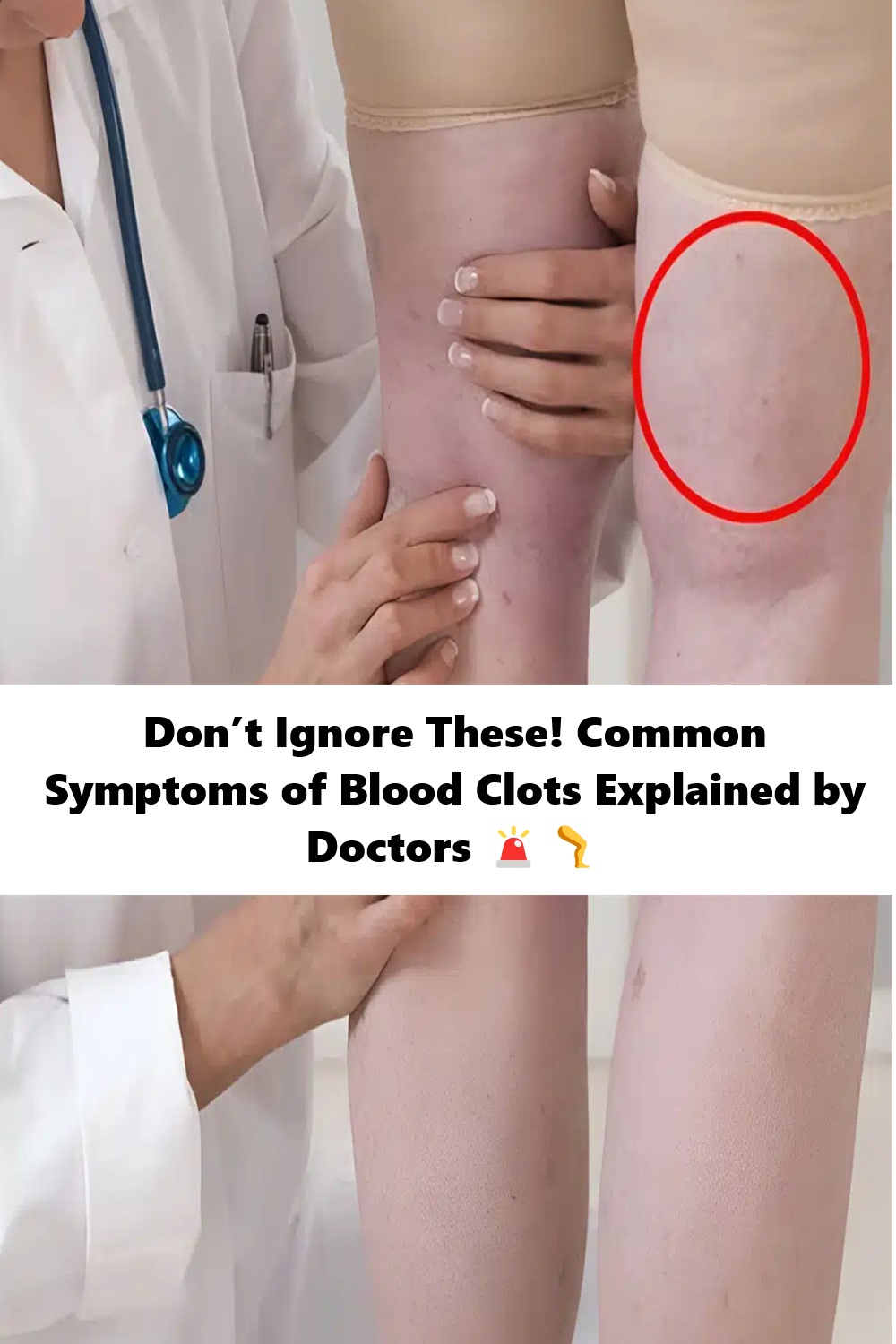Sudden shortness of breath
Difficulty breathing after climbing stairs or while lying down? This could be a sign that a clot has reached the lungs, causing a pulmonary embolism.
-
Chest pain and palpitations
Chest pressure or a racing heart for no apparent reason should be a warning sign. These are sometimes the first signs of a blood clot in the heart or lungs.
-
Severe headaches and speech disturbances
A brain clot can cause blurred vision, difficulty speaking, or sudden weakness on one side of the body. Again, every minute counts.
-
Extreme fatigue

A sudden drop in energy, without any obvious cause, can also be a signal. The body is sometimes silently fighting a blood obstruction.
Why we need to act quickly
A blood clot can develop in just a few hours. It can migrate, break off, and affect vital organs. The longer you wait to act, the greater the risk of serious complications. It’s a bit like ignoring a water leak that threatens to flood your entire house: the longer you wait, the more serious the damage.
Risk factors to know
Certain situations or lifestyle habits promote the appearance of clots:
- Prolonged immobility (travel, bed rest)
- Recent surgeries
- Pregnancy and postpartum
- Oral contraceptives
- Tobacco
- Overweight
- Family history
Like a garden that we maintain to avoid weeds, adopting a healthy lifestyle and consulting your doctor regularly helps prevent many risks.
When should you consult a professional?
If you have any doubts, don’t wait. If you experience any of the signs described above, consult a healthcare professional immediately. A simple examination can sometimes prevent disaster.
Blood clots are subtle but serious threats. Understanding them better is a big step toward prevention. Take care of yourself, listen to your body… and above all, never ignore the signals it sends you.




